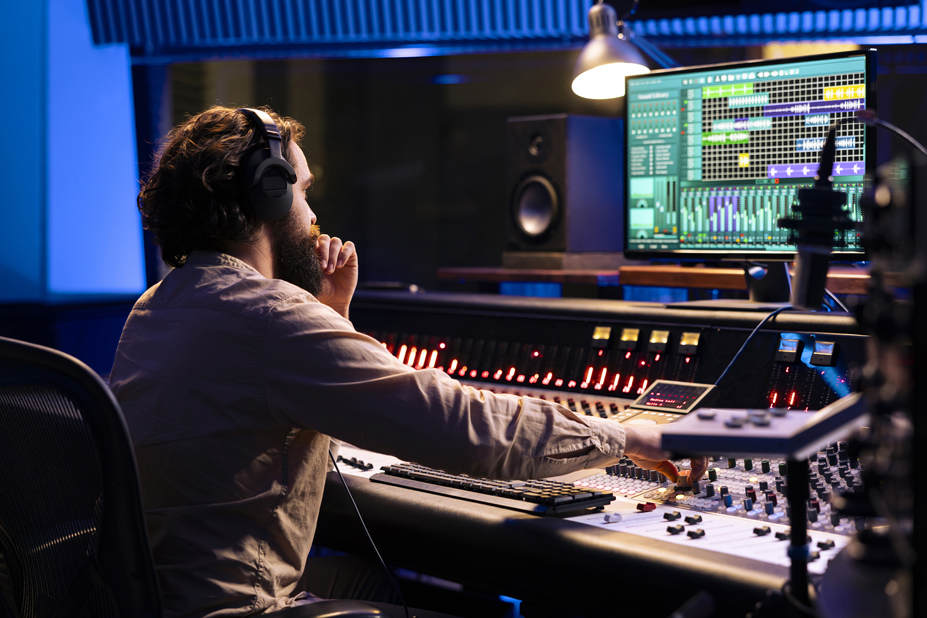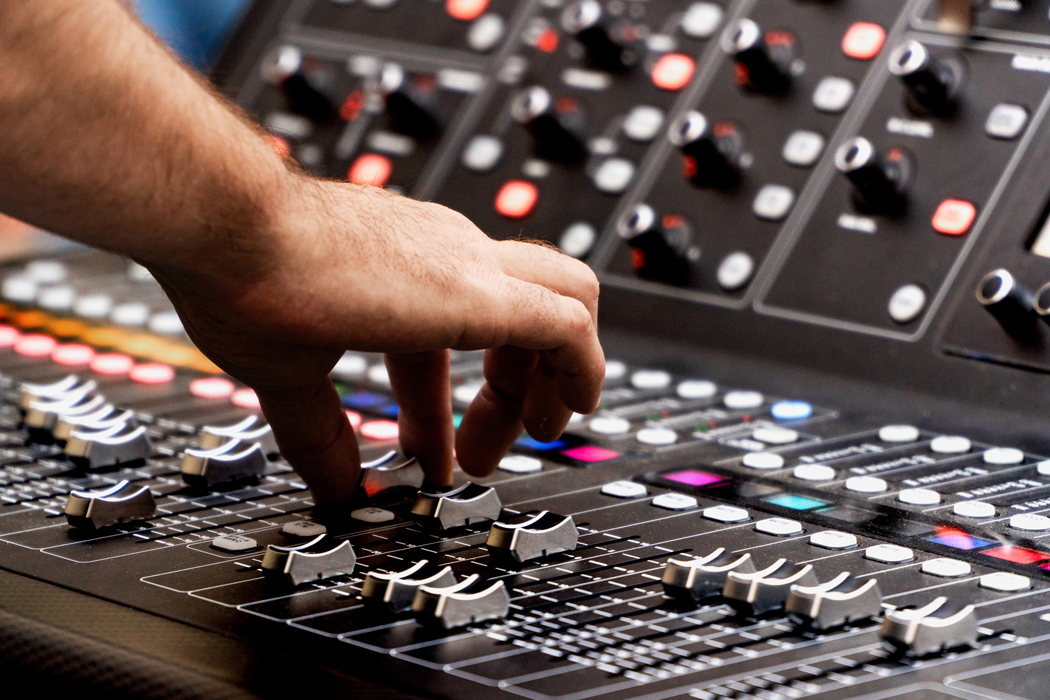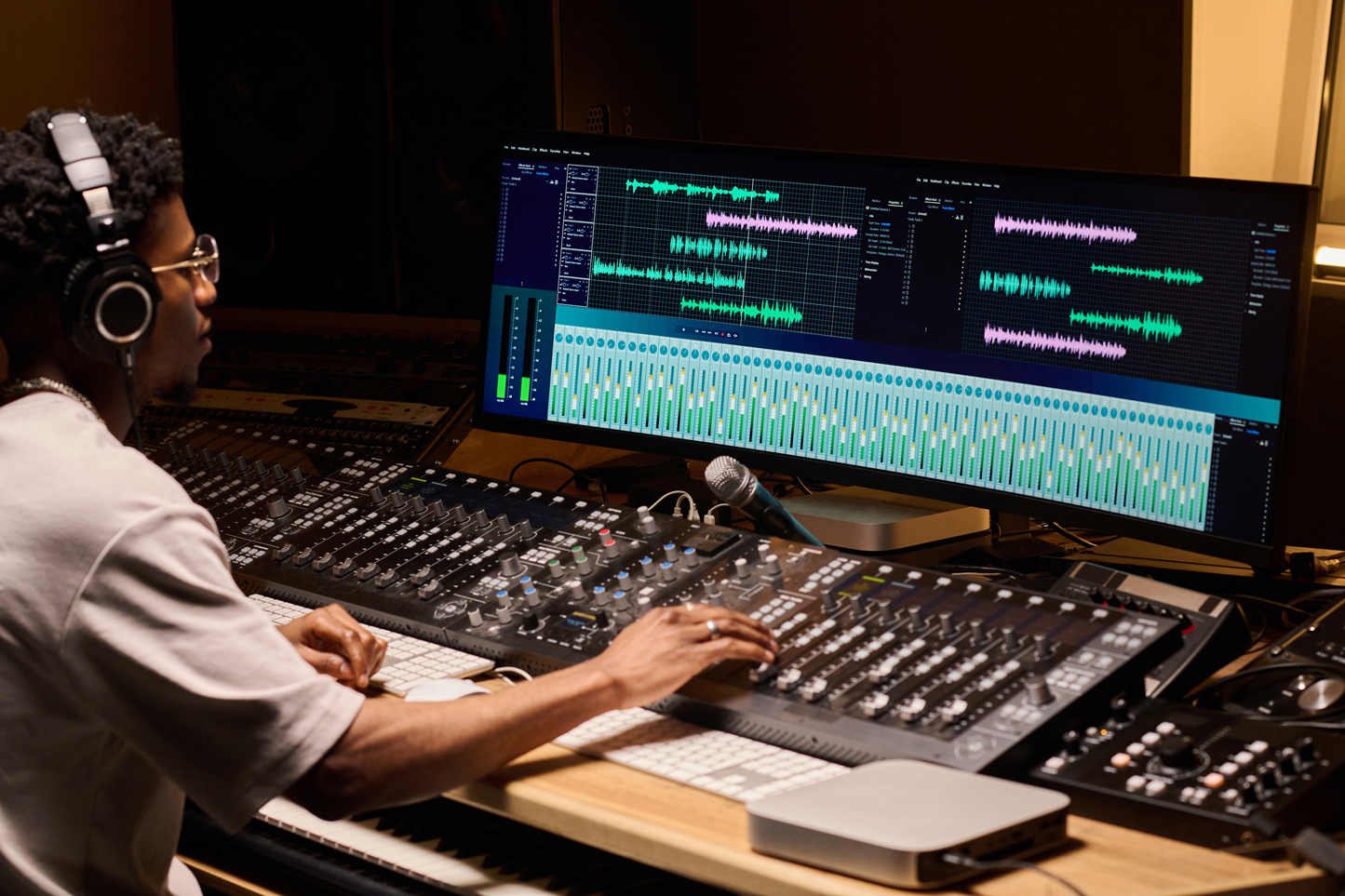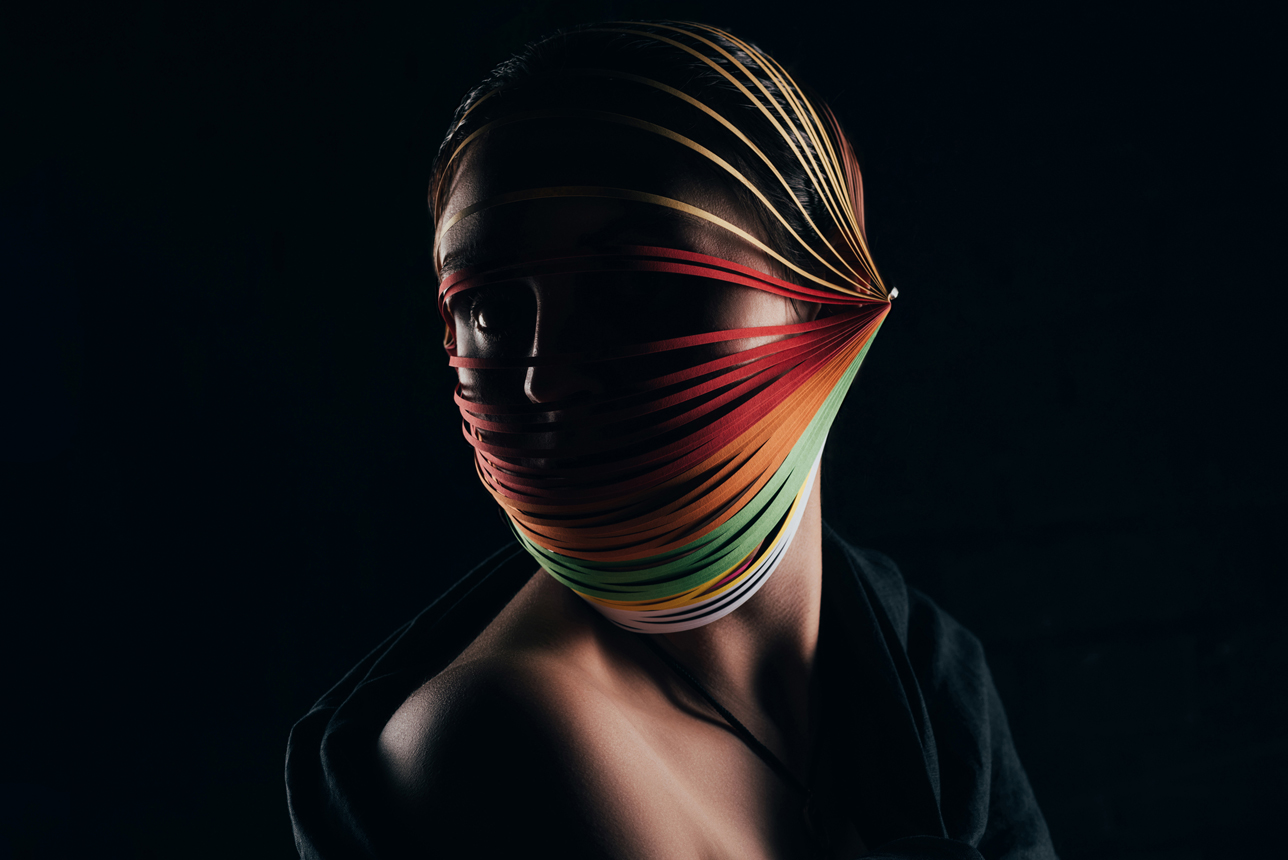
Great visuals grab attention — but sound keeps people engaged. From subtle ambient textures to bold, cinematic booms, effective sound design adds emotion, realism, and narrative power to your videos. It’s the difference between good and unforgettable.
"Sound is half the experience in cinema — and often the most overlooked." — Kris Bayne
1. Start with Silence
Every impactful mix starts with intention. Begin by stripping everything away and asking: What should the viewer *feel* here? Then build layers with that emotion in mind — not just to fill space, but to sculpt it.
2. Layering: The Secret Sauce
Good sound design is never just one element. Atmospheres, foley, sound effects, risers, impacts, and ambience all work in tandem. Layer these components with purpose, using frequency separation and panning to avoid clutter.
3. EQ, Reverb, and Space
Use EQ to carve out space for dialogue and key elements. Reverb can add realism — or surrealism — depending on intent. Short reverb for dry, intimate scenes. Long tails for dreamlike transitions. Know the rules so you can break them artistically.
4. Sync Sound to Story Beats
Sound should follow story. Use whooshes and hits to emphasize cuts, transitions, and visual cues. A rising tone can signal tension; a bass drop can emphasize arrival. Think rhythmically — like a composer — not just a technician.
5. Music is Not Enough
Too many creators lean on music alone to carry emotion. But music without solid sound design feels hollow. Combine score with atmospheric detail — footsteps, breaths, mechanical hums — to ground your audience in the world you’ve built.


"You don’t just *hear* great sound — you *feel* it. That’s where the magic happens." — Ben Burtt
Sound design is storytelling. When it’s done right, the viewer doesn’t notice it — they just feel more connected, more moved, more inside the moment. Want to stand out in the sea of content? Master the mix. Sound is your secret weapon.

